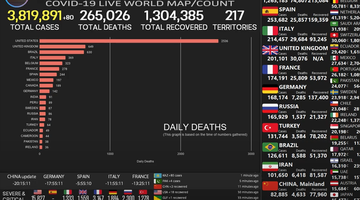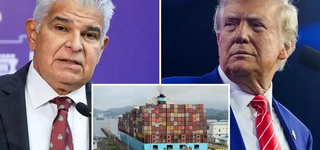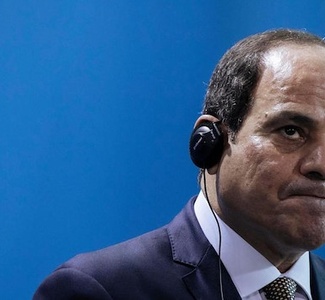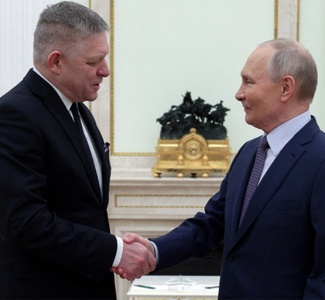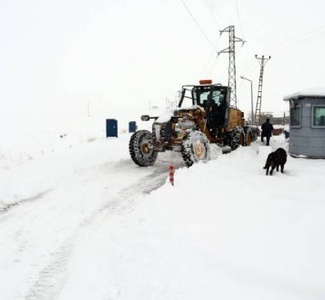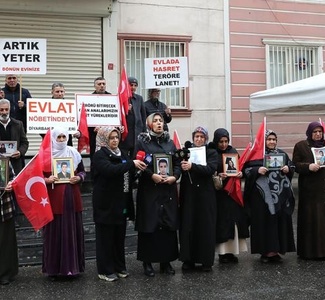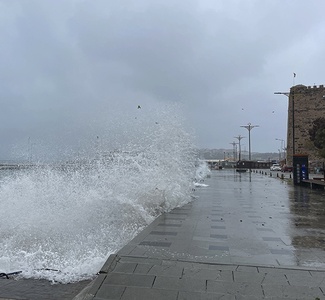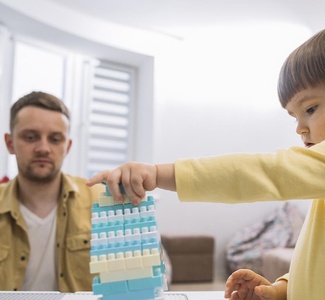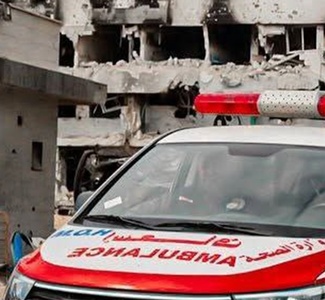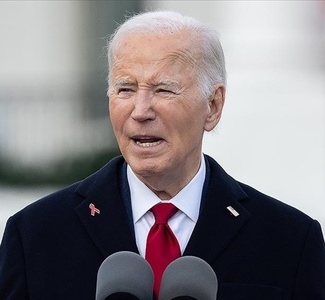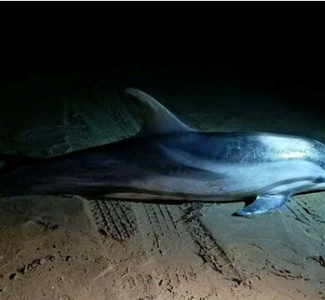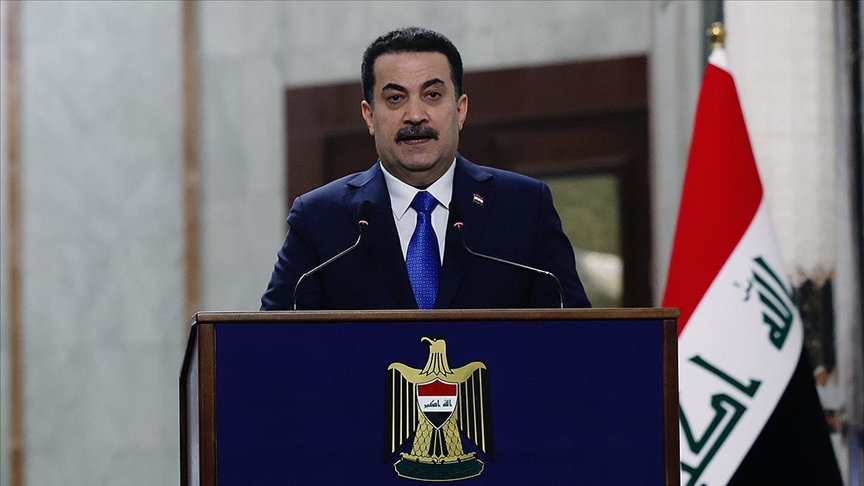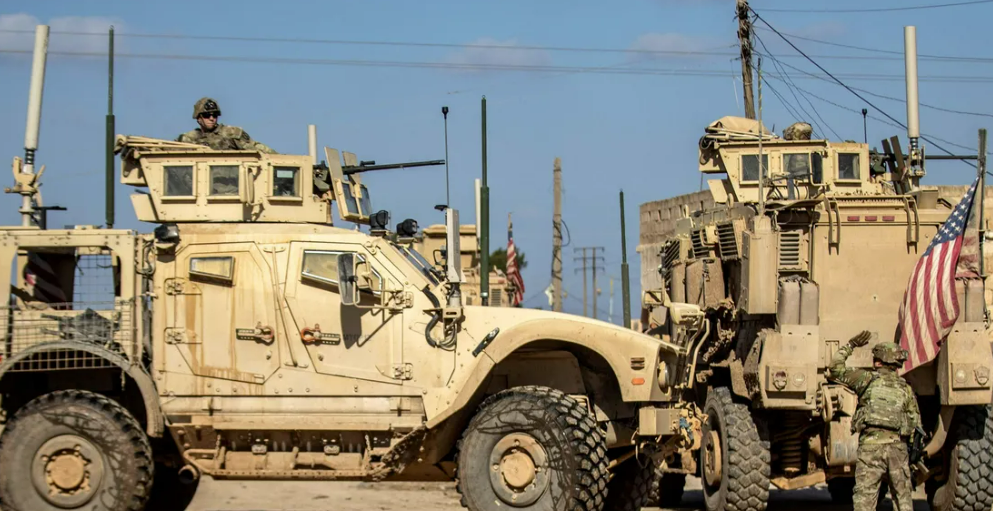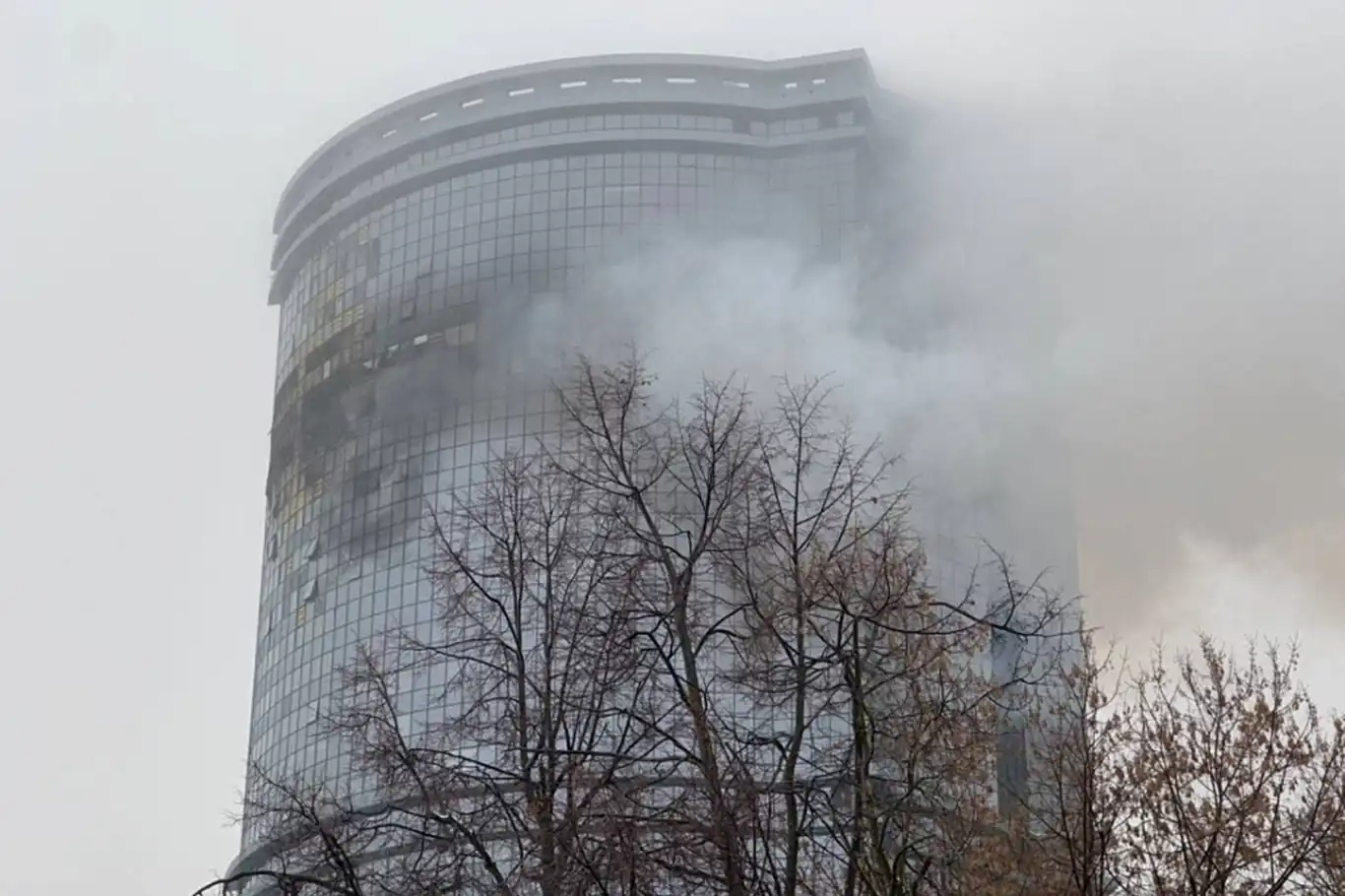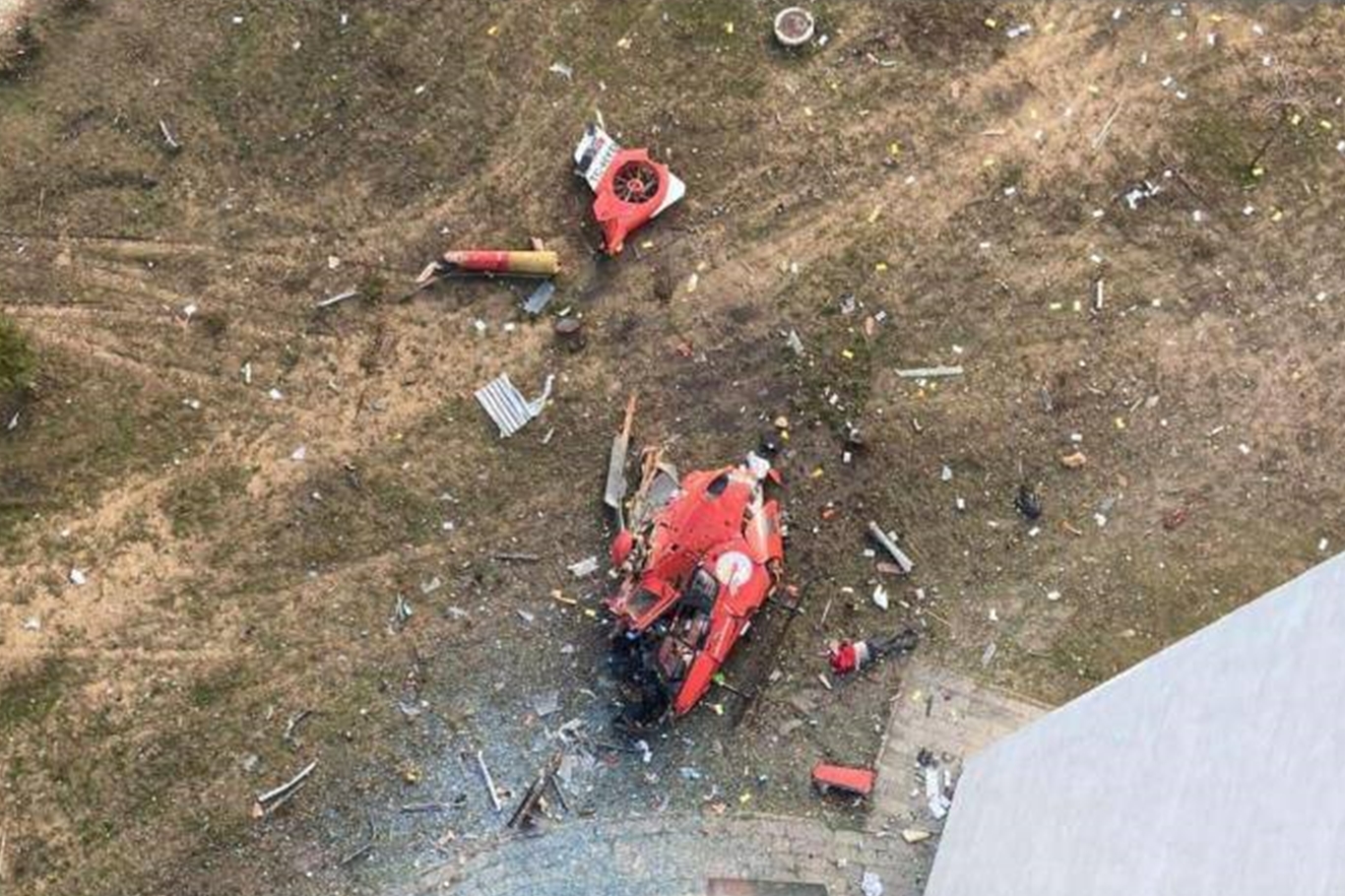UN issues $6.7 billion appeal to protect millions of lives in fragile countries
The UN’s Humanitarian Chief, Mark Lowcock, has called for swift and determined action to avoid the most destabilizing effects of the COVID-19 pandemic as he releases a $6.7 billion appeal and an updated global plan to fight coronavirus in fragile cou
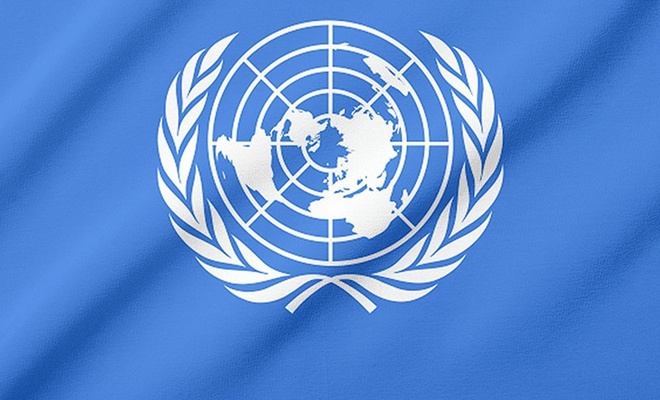
 Google News'te Doğruhaber'e abone olun.
Google News'te Doğruhaber'e abone olun. COVID-19 has now reached every country, with nearly 4,000,000 confirmed cases and over 247,650 deaths worldwide. The peak of the disease in the world’s poorest countries is not expected until some point over the next three to six months. However, there is already evidence of incomes plummeting and jobs disappearing, food supplies falling and prices soaring, and children missing vaccinations and meals.
The humanitarian system is taking action to avert a sharp rise in conflict, hunger, poverty and disease as a result of the pandemic and the associated global recession. Today’s updated Global Humanitarian Response Plan has been expanded in response. It includes nine additional vulnerable countries: Benin, Djibouti, Liberia, Mozambique, Pakistan, the Philippines, Sierra Leone, Togo and Zimbabwe, and programmes to respond to the growth in food insecurity.
Lowcock said: “The COVID-19 pandemic is hurting us all. But the most devastating and destabilizing effects will be felt in the world’s poorest countries. In the poorest countries we can already see economies contracting as export earnings, remittances and tourism disappear. Unless we take action now, we should be prepared for a significant rise in conflict, hunger and poverty. The spectre of multiple famines looms.
“If we do not support the poorest people – especially women and girls and other vulnerable groups - as they battle the pandemic and impacts of the global recession, we will all be dealing with the spillover effects for many years to come. That would prove even more painful, and much more expensive, for everyone.”
“This pandemic is unlike anything we have dealt with in our lifetime. Business as usual will not do. Extraordinary measures are needed. As we come together to combat this virus, I urge donors to act in both solidarity and in self-interest and make their response proportionate to the scale of the problem we face.”
The COVID-19 Global Humanitarian Response Plan is the international community’s primary fundraising vehicle to respond to the humanitarian impacts of the virus in low- and middle-income countries and support their efforts to fight it. The plan brings together appeals from WHO and other UN humanitarian agencies. Non-governmental organizations (NGOs) and NGO consortiums have been instrumental in helping shape the plan. They are key partners in delivering it and can access funding through it. (ILKHA)



























